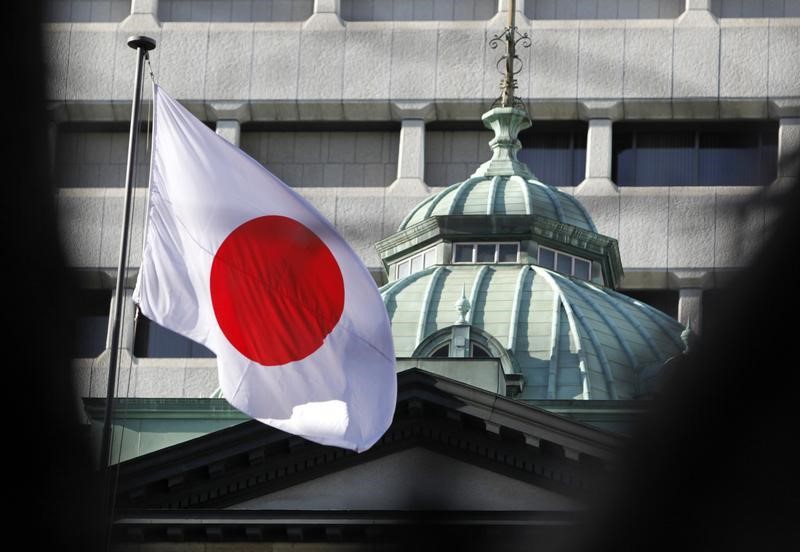Investing.com -- The Bank of Japan maintained its ultra-dovish stance on Friday and said it will "patiently" continue with its yield curve control measures in the near-term, but hiked its inflation forecast for fiscal 2023 amid rising wages and waning effects of government subsidies.
The BOJ held its benchmark interest rate at negative 0.1%, and signaled that it will continue to enact its quantitative easing and yield curve control policy for the time being.
But the central bank also said it will conduct a broad-perspective review of monetary policy over the next one to one and a half years, to study the effects of prolonged accommodative policy on the Japanese economy.
Friday’s decision is the first monetary policy meeting under new Governor Kazuo Ueda, who took over as the BOJ governor just three weeks ago. Ueda had earlier signaled that monetary policy in the country is expected to remain largely unchanged in the near-term.
The BOJ reiterated this stance in a statement released on Friday, stating that “high uncertainties” for the Japanese economy will see the bank “patiently continue with monetary easing” until it achieves its 2% inflation target.
The Japanese yen weakened sharply after the BOJ's statement, given that it posits a dovish outlook for monetary policy and quashes the possibility of an end to the bank's yield curve control measures later this year.
But the BOJ slightly hiked its consumer price index inflation forecast for fiscal 2023, now expecting inflation to trend around 2.5%, higher than a January forecast of 1.5% to 2%. Inflation is then expected to trend between 1.5% and 2% in fiscal 2024 and 2025.
The bank expects a positive output gap, tighter labor market conditions, and the easing effects of government subsidies on electricity, introduced earlier this year, to push up inflation towards the end of 2023.
While the BOJ still expects CPI inflation to moderate by mid-2023, data released last week showed that nationwide core inflation remained sticky at 3.1%, well above the BOJ’s annual target of 2%.
Data released earlier on Friday also showed that inflation in Japan’s capital, Tokyo, rose more than expected in April, moving back towards 40-year highs seen earlier this year. The reading, which usually heralds a similar trend in nationwide inflation, could pressure the BOJ to tighten policy sooner this year.
Governor Ueda had also raised the possibility of altering the BOJ's yield curve control policy later this year, especially if wages and inflation rise further. But Friday's statement posits a largely dovish outlook for the bank.
